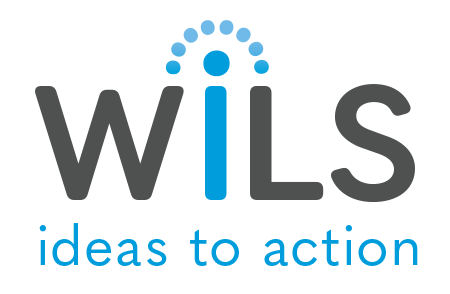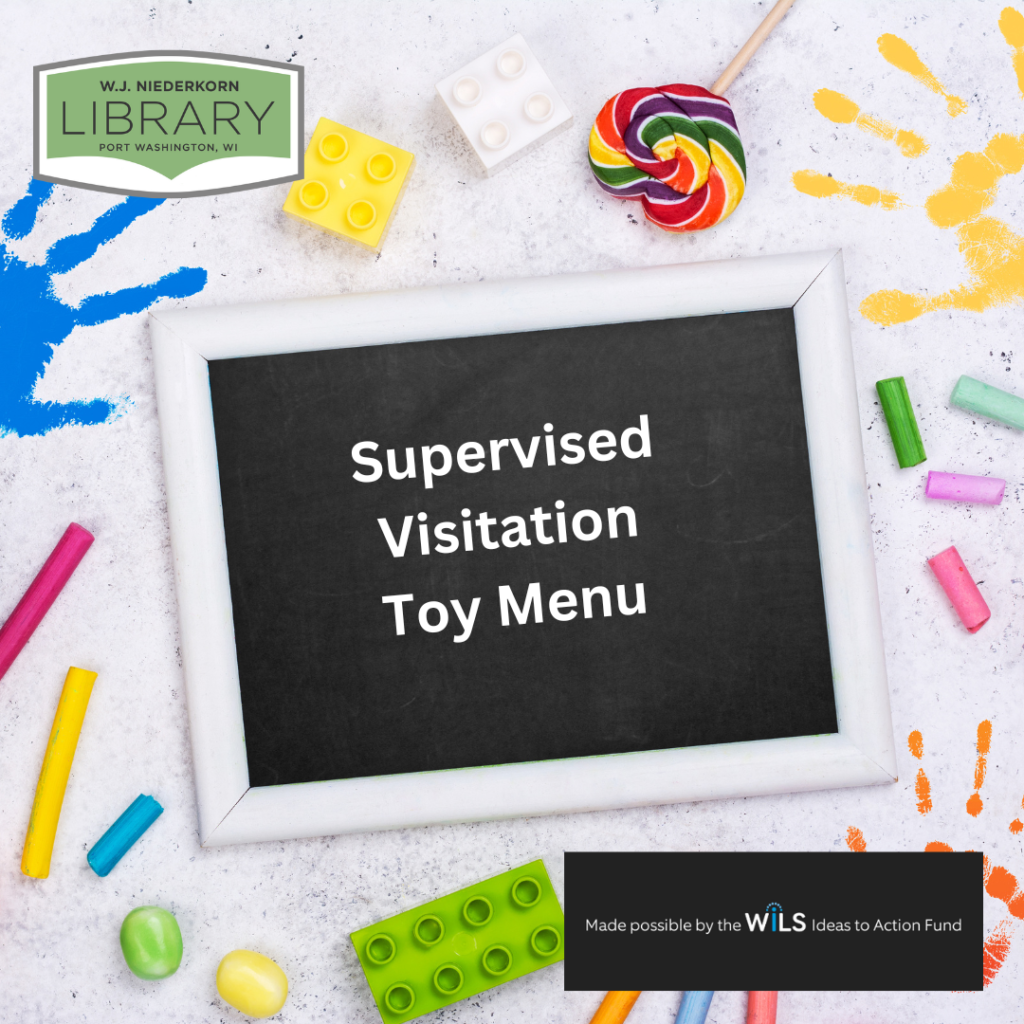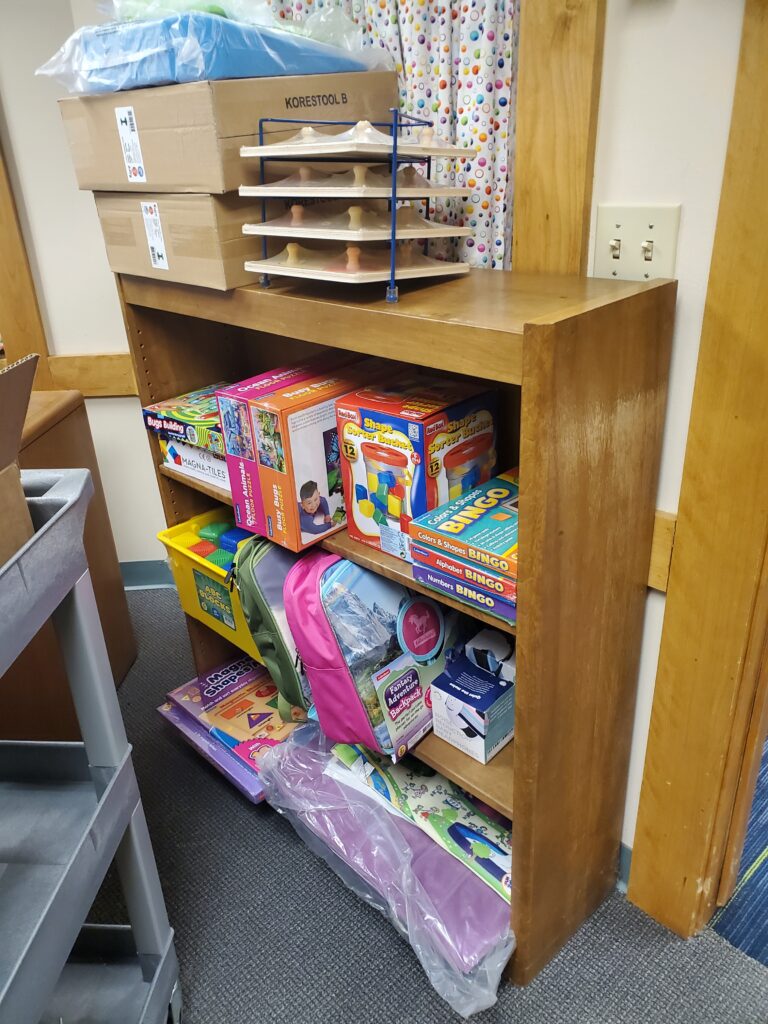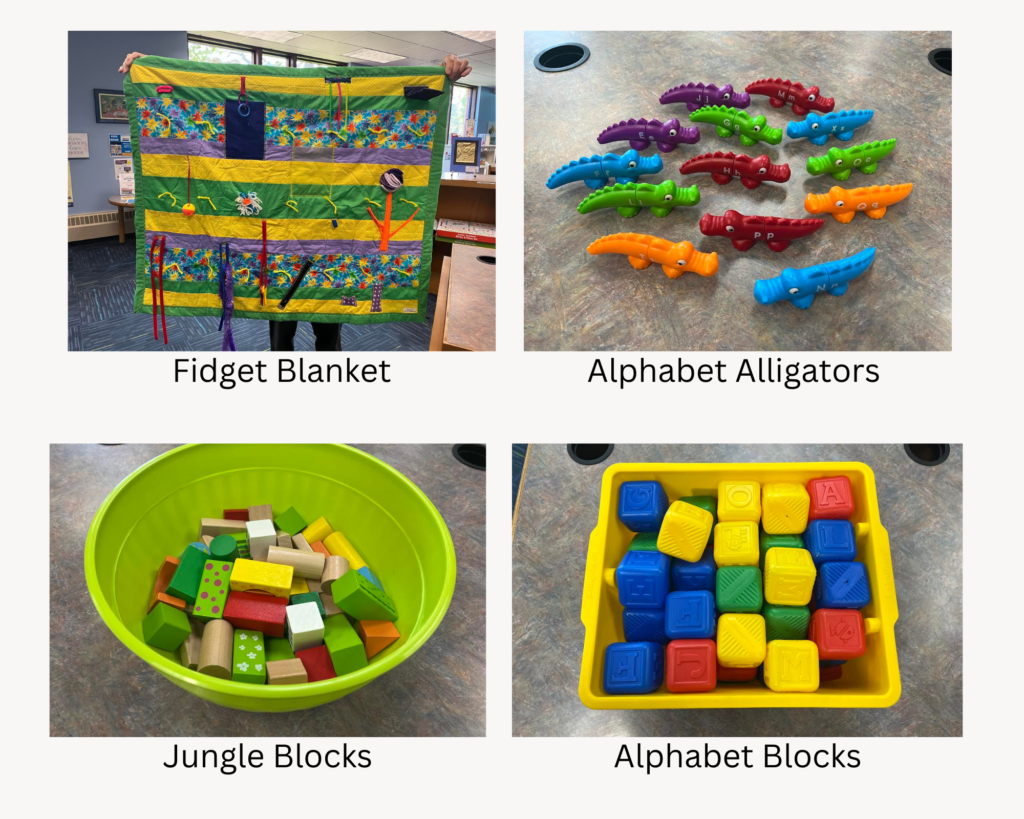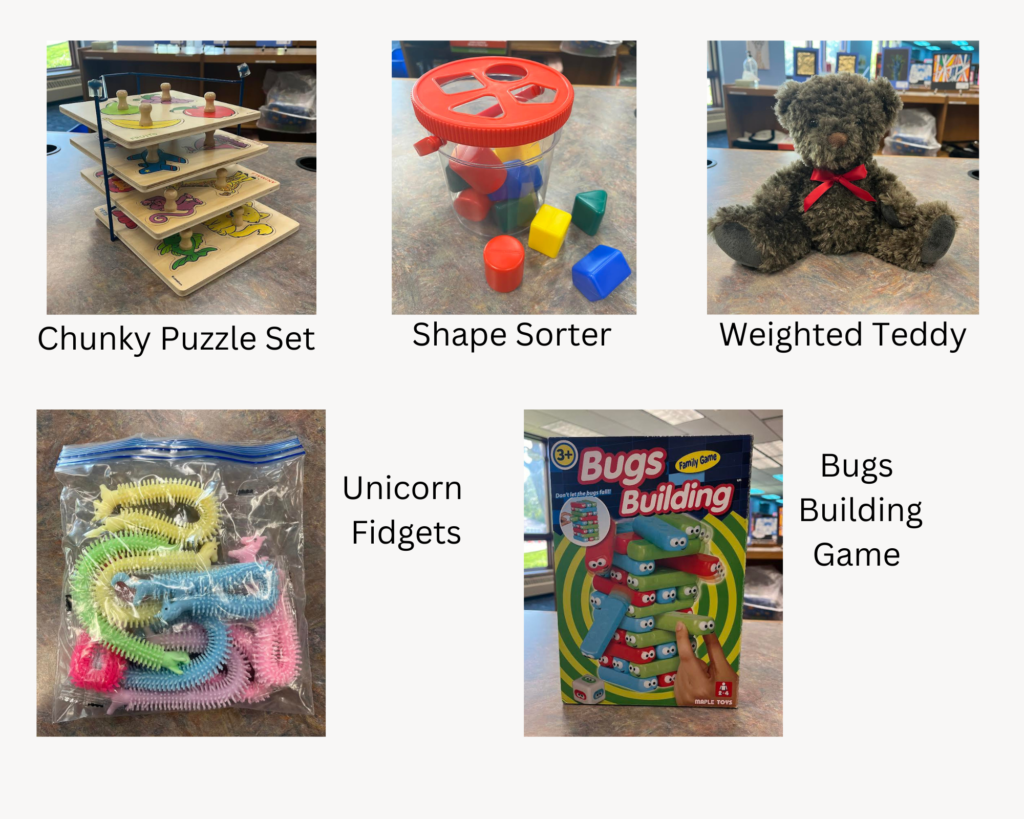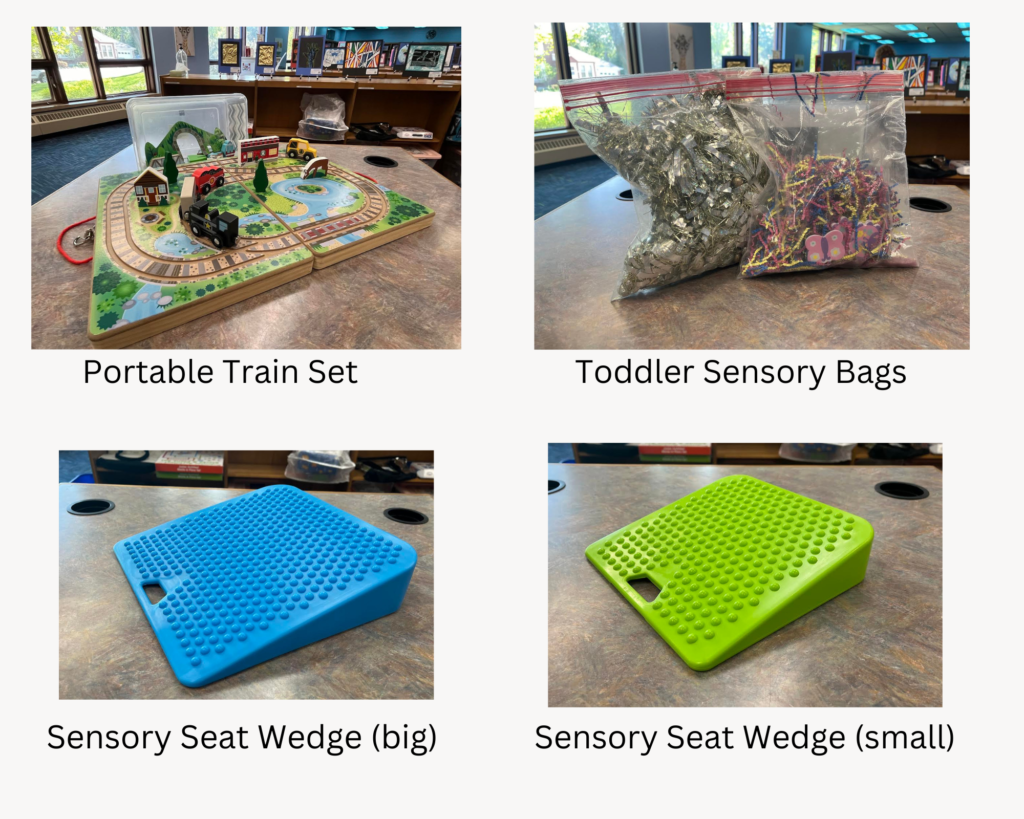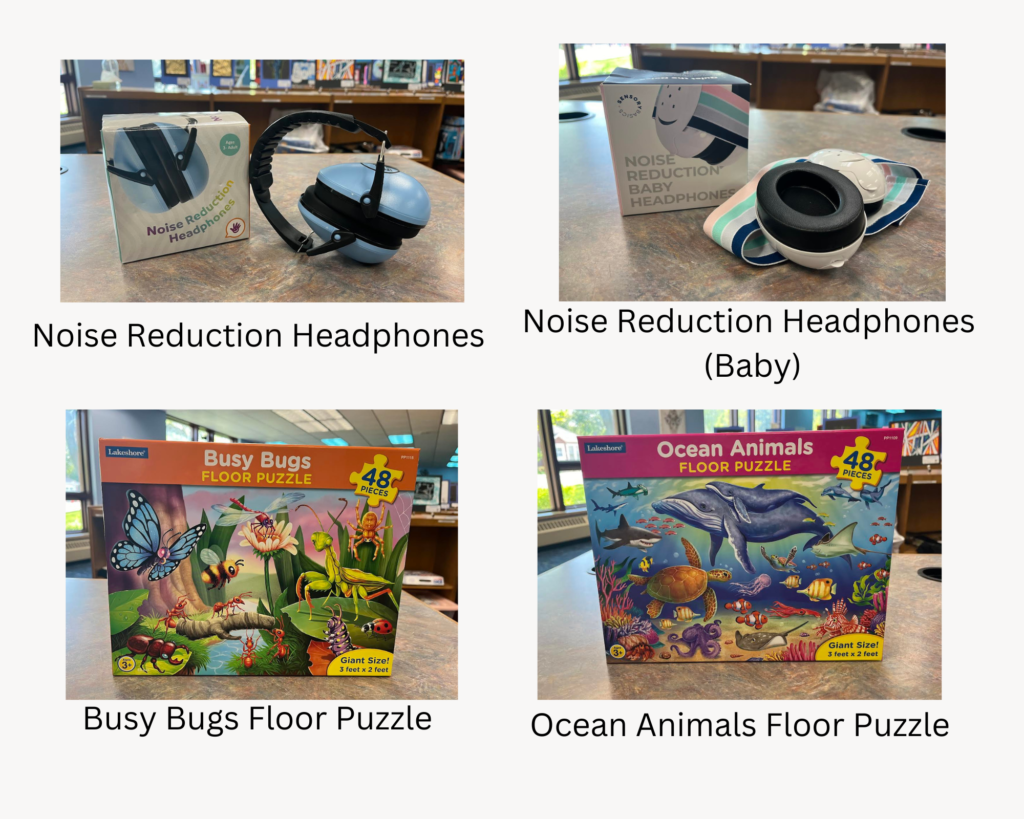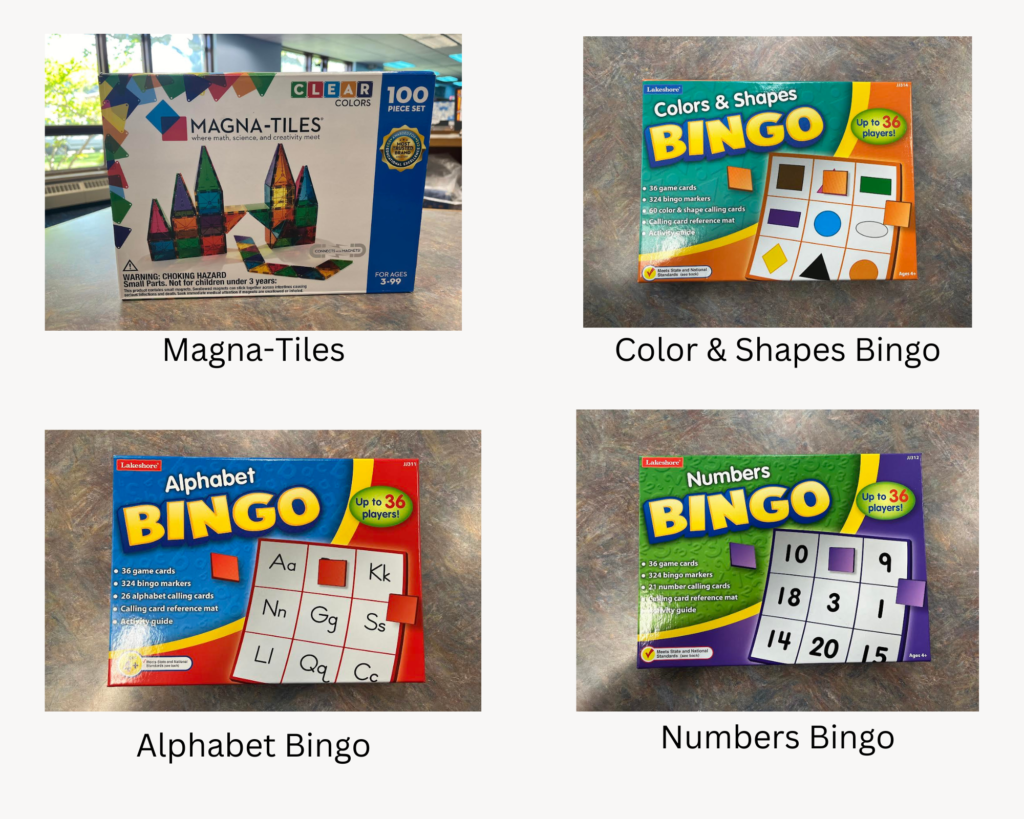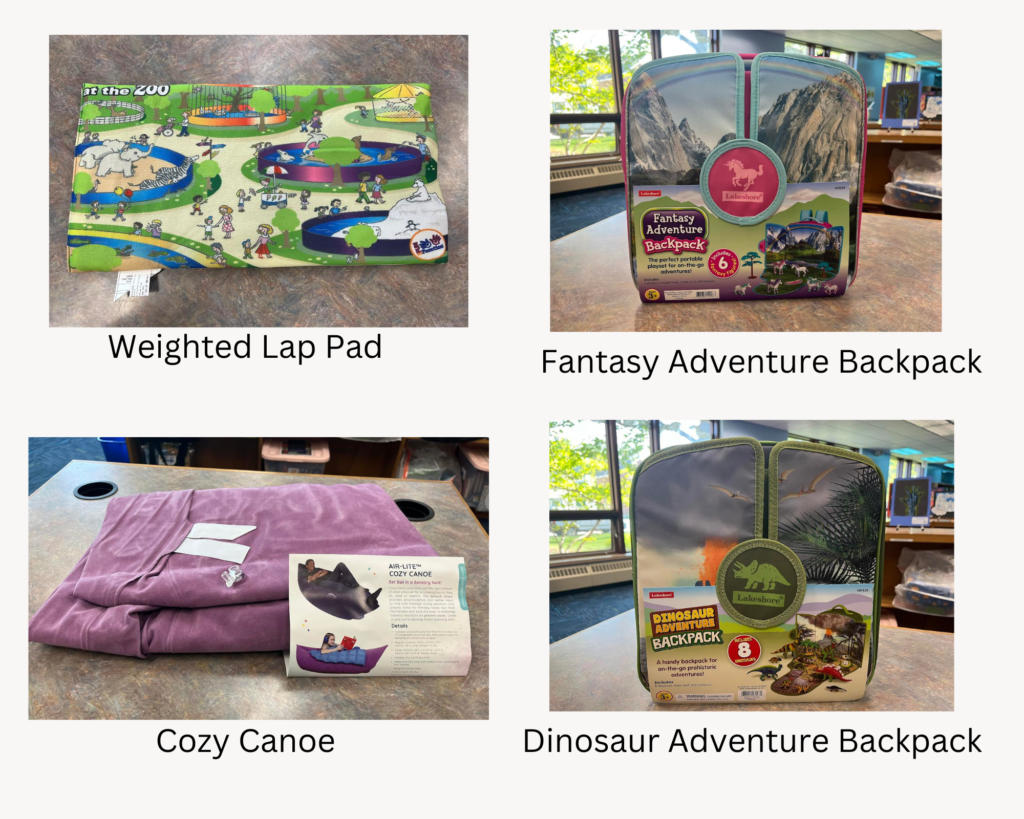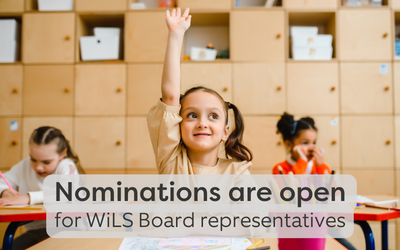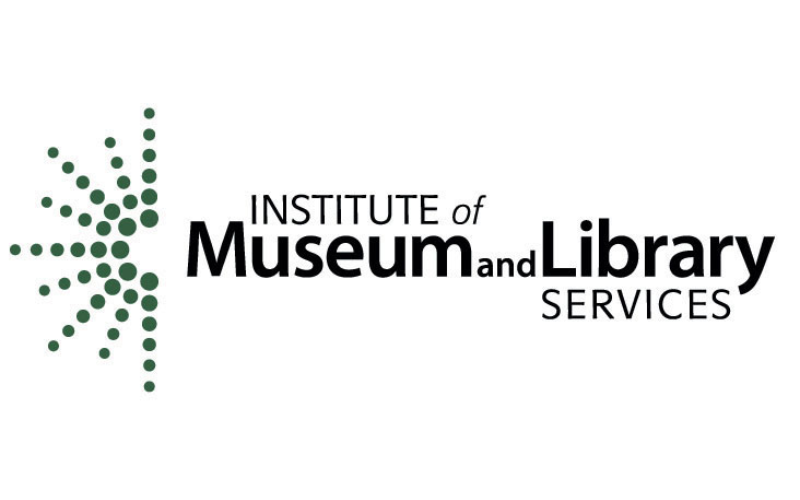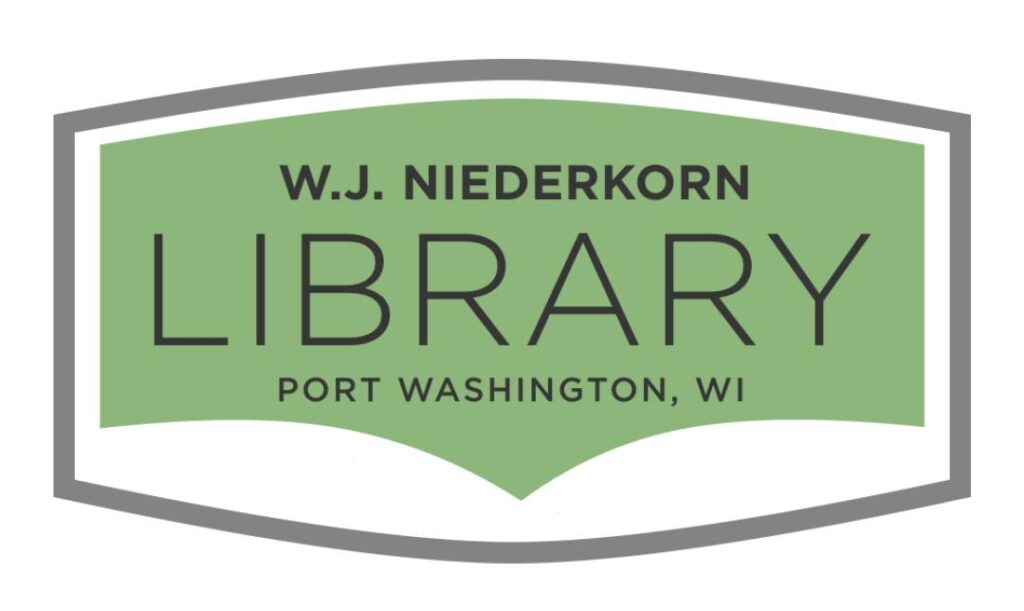
by Jamie Mercer, W.J. Niederkorn Library (Port Washington)
In 2022 through the beginning of 2023, we were pleased to see an increase of people coming back to the library. With the increase, we observed that patrons were using the library as something more than a repository of books, we were really transforming into a public venue serving as a meeting space.
In the youth department, we observed not only a need for meeting space in terms of study space and tutoring space, but we also saw an increase in need for a meeting space for supervised visitations as well as provider assessment space for young children.
It was this increase that inspired us to apply for an Ideas to Action Fund grant to help us navigate some of the challenges we began to face including having space where case workers and families could speak privately, space where families could enjoy a meal together, and having enough age appropriate activities/toys for families to engage with during their visits.
We took our challenges and reframed them as opportunities to learn about supervised visitation policies other libraries currently had as well as taking the time to meet with the Director of the Ozaukee County Department of Human Services, Liza Drake. Liza visited our library to tour our space. We discussed the increase in visitations that we were noticing and created a plan to help guide the case workers and families when they utilized our space for visitations.
From this meeting, we created a Supervised Visitation Guide. At first, as staff, we kept copies of the guide at the children’s service desk and would distribute them to case workers and families as they approached us. After a couple of months, we tried setting the brochures out along with our programming information. We were shocked at how many copies of the brochure were being taken. Reflecting on this, it is quite clear that there is a stigma connected to supervised visitations, and many people will not ask or approach library staff about accommodations that can be for the visitations.
At the same time, we were working to get information out about our guidelines and accommodations we can offer, we also had purchased a variety of toys, puzzles, and games that families would be able to utilize during their visits. At first, we thought about making activity bags that families could check out. After speaking with case workers, we realized that activity bags may not be the way to go since families tend to have children of various ages that they are visiting with. In addition, not all caregivers would be eligible for a library card to check out materials- this would in fact be a barrier for them.
Instead, we opted for a Toy Menu. Case workers or families can visit the children’s service desk and request 3-4 toys/activities at a time to use during their visit. Case workers and families can come and exchange toys at any time during their visit.
The toy menu has been very successful, not only can families get toys/activities targeted to a variety of ages, but we are not barring anyone from utilizing the service either. In addition, by choosing not to barcode items to circulate, we are also allowing the case workers and families to keep their anonymity as well.
Moreover, not only do the toys/activities get used during visitations, but the whole community can enjoy the toys as well. As part of the process, we worked with WiLs to develop the procedure that as long as the toy/activity has not been requested for a supervised visitation, library staff can include the toys in our monthly rotation of activities that we set out for all families each month.
Slideshow of project equipment and materials
So far, we have had really positive feedback from case workers and families. Case workers have stated that they love coming to our library for supervised visitations because they know what to expect and they can help direct families in following our library guidelines. Families also have stated that they love meeting at our library for visitations because we can offer a fun, safe environment and we have a prepared staff who are friendly and respectful to all library users (whether they are checking out or not). In addition, one mother told staff that she was really impressed with the librarians- she stated that she loved the consistency from all librarians on staff when it came to our guidelines and that she enjoyed her time at our library because she didn’t feel judged as she had at felt at other locations.
Finally, families are aware that we will not always be able to provide a private meeting space for their visitations but we are prepared with a great deal of educational toys, games, and activities. By the same token, we are far enough into the project that all staff members are aware of how precious and valuable the time that the families have together is so we do our best to accommodate families including making accommodations for caregivers who would like to share a meal together in the library- the only caveat being that we ask the caregivers to clean up the tables and/or vacuum (if needed) after they finish eating.
As the project progresses, we are seeing more and more case workers utilizing our space for not only supervised visitations, but a variety of assessments with children with and without their caregivers.
The biggest lesson learned so far is that the need of the public will always evolve. As professionals, we should reflect regularly and connect with our stake holders to see what we can do versus focusing on what we cannot.
Moving forward, we will regularly reflect, continue to look for funding options to keep the toy/activity selection fresh, and to add additional materials for tweens and teens.
